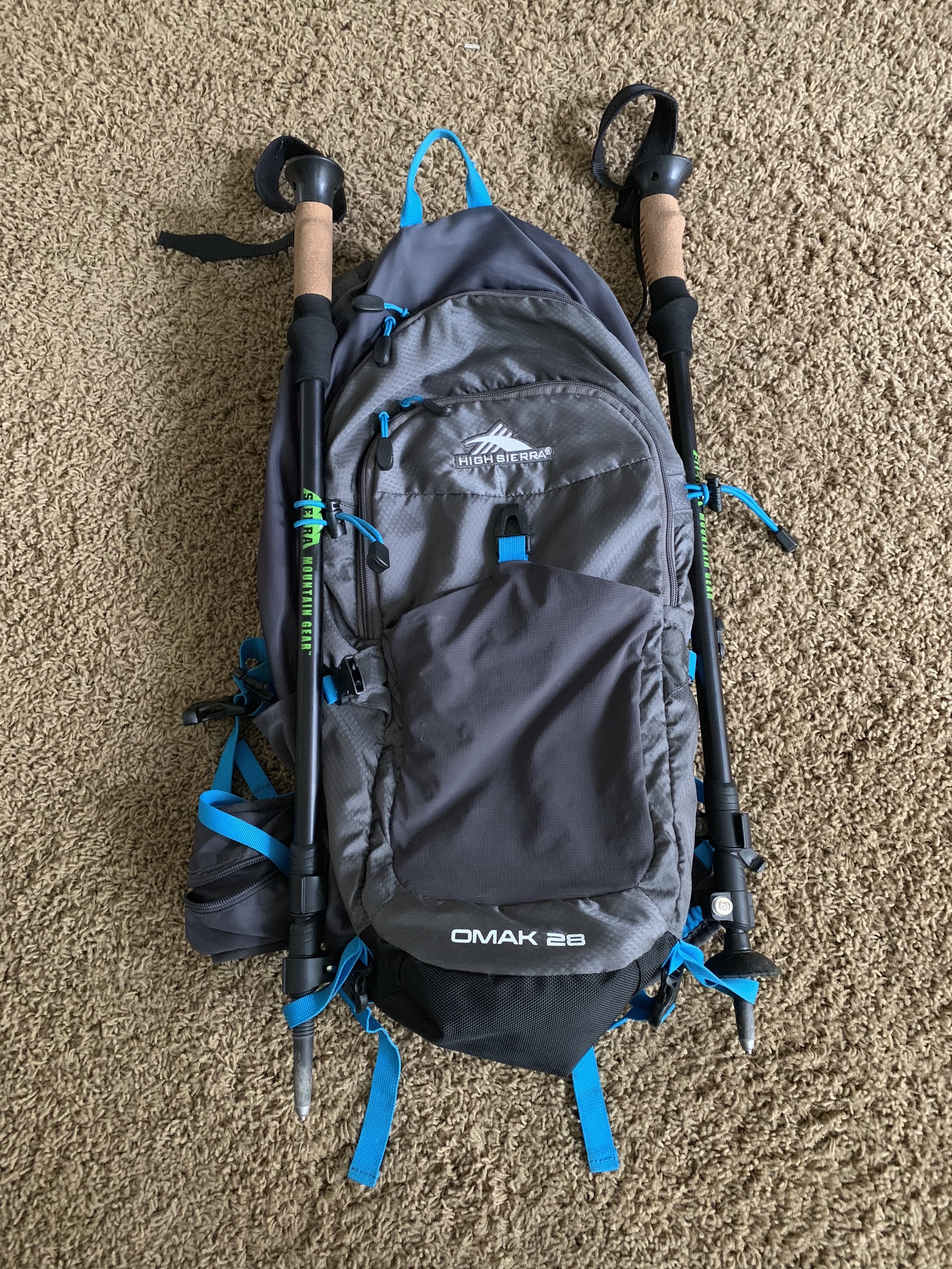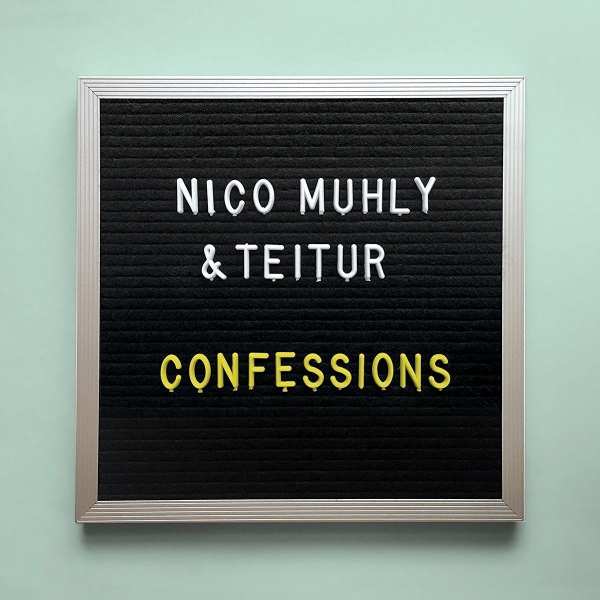COVID-19 means my Digital Audio Recording and Production class must now be a fully-online class. This sucks; it’s not a class that lends itself to well “distance education.” But, here I am trying to figure out how to do all of this online.
Here is a crappy little “lecture” about audio mixing for the curious:
Six “Elements” of a Mix
“The Mix”
Musicians, engineers, and producers throw around the word “mix” kind of a lot. It’s one of those words that seems meaningful—well, it is meaningful—but means slightly different things to different people.
In its most basic definition, “the mix” is the combination of all of the audio elements in a given recording. Using purely musical terms, this would be something similar to a combination of orchestration, dynamics, and timbre. In engineer-speak, someone might talk about frequency, sympathetic vibration, and amplitude.
Six Elements
Bobby Owsinski defines “the mix” as containing six “elements.” These are:
Balance
Panorama
Frequency
Dimension
Dynamics
Interest
Some of these are more obvious “elements” than others, but these are a good starting point when trying to talk about what “the mix” is, and how to be better at mixing.
Some Definitions
Balance
In Owsinski’s terms, balance is essentially the “mixing” part of mixing (with a little bit of musical arrangement thrown in). Balance is a description of how each musical voice stacks up compared to the others around it. In one sense, balance is a description of how loud the violin is compared to the cello. But, Owsinski uses the word balance to describe the musical arrangement, meaning, the way the violin and cello interact with another. (Which one is playing “lead?” Which is “supporting?”)
Panorama
Panorama is the way sounds are presented to us in the “stereo field.” We have two ears and they are sensitive enough (and independent enough) to notice extremely subtle differences based on physical location. When someone speaks into my left ear my brain recognizes the as coming mostly from my left. Our ears are also pretty good—though not quite as good—at hearing things as in front of or behind us.
Stereo recordings—meaning recordings with a discreet “left” and “right” side, each meant for a different speaker—have been around since the early–1960s, becoming essentially standard around 1970. In the mid–1970s there were some brief experiments with mixing music into more than two sides, but it never really caught on. (Of course, this has become almost standard for film and television audio.) So, for our purposes, “panorama” is the way different sounds are presented to us on a L/R axis.
Frequency
The word frequency is a bit more scientific than some of the others on Bobby Owsinski’s list. In everyday terms, frequency is the “highness” or “lowness” of any given sound. It’s actually a little more complicated than this since sounds are usually combinations of thousands of low-ish and high-ish sounds. In fact, it is this characteristic of sound, the “it’s-more-complicated-than-simply-high-or-low” aspect of musical sounds that makes frequency one of the more difficult elements to try to work with. A bass drum, an electric bass, and the bottom half of the guitar all occupy, more or less, the same spectrum of frequencies; trying to figure out how to make each one sound distinct is the challenge of dealing with this element (and can feel like an endless loop of “tweaking”).
But, in a more general sense, “frequency” is also a description of the overall high vs. low of a recording as a whole. A recording with too much bass (low frequencies) can sound “heavy,” while too much going on up top sounds “light.” What is “correct” is often an aesthetic choice .
Dimension
This one is actually not even real. When Bobby Owsinski uses the word dimension, he is talking about the perceived “closeness” of a sound. Since there are actually only two speakers in a stereo recording, and these are usually the same distance from our ears, all of the sounds are coming from the same distance … the distance the speakers are from our ears. But, we can sometimes, through the use of echoes, delays, reverbs, and other fancy things, create the illusion that something is farther away or closer to the listener.
Dynamics
Dynamics is the word musicians use to describe the “volume” of a sound (or, rather, the relative volume of sounds). In engineer and science-y terms, this would be “amplitude,” or, more accurately, “amplitude variation.” Essentially, talking about dynamics is talking about how loud stuff is. This applies both in terms of if something is just too bloody loud or if it is too loud compared to something else that is quiet (or at least, something less-loud).
Interest
This is also something that is a little bit imaginary. Bobby Owsinski uses the word interest to describe what is essentially some combination of magic, musical quality, aesthetic ideals, and other philosophical navel gazings. Having a mix with “good interest” basically means a mix that “is interesting” … which is more-or-less a case-by-case, meaningless definition.
Stay Tuned
We will go into a lot more detail with all of these elements in the next few weeks. As you can probably guess, some of these will be easier to quantify and demonstrate than others. We’ll do what we can. For now, it would be cool if you spent some time listening to some of your favorite recordings and tried to decipher how these elements are at work in those recordings.
Oh, and listen to some Radiohead. That’s always a good idea.






























